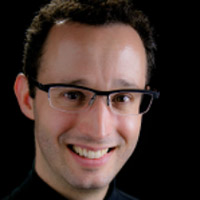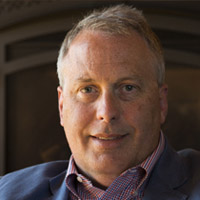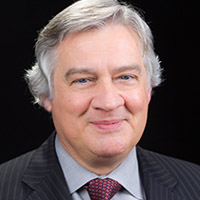Which Tax Breaks Help High Net Worth Taxpayers the Most?

It’s no secret that the United States government generally taxes high net worth individuals at a much higher clip than those in the lower- and middle-income brackets. However, despite that fact, there are still many provisions in the tax system, if used properly, can help wealthy earners save on their taxes. So what are some of the best breaks afforded to the wealthy?
High net worth individuals use several tax breaks to ease their tax burden, and most of them use the skill and experience of a trusted accounting firm to help them maximize the tax breaks available to them. For example, the wealthy often save a bundle on taxes because tax rates are smaller for qualified dividend income and long-term capital gains. In fact the capital gains tax is probably the biggest break the wealthy employ.
Another big tax break the wealthy receive is the “wage cap” on Social Security payroll tax. The government automatically deducts 6.2 percent from employees’ paychecks, but that is only applied to the first $118,500 someone earns. After that the wealthy don’t pay any more payroll taxes.
Lastly, the estate tax offers another way for the wealthy to reduce their tax bills. That’s because the lifetime exclusion has risen from $2 million in 2008 to $5.45 million currently. In addition, heirs will now also receive a step-up in basis on the assets they inherit.
So, while the nations’ wealthiest individuals do pay more in taxes than everyone else, there are some nice tax breaks available to them that can at least help reduce their bill. Contact GROCO to learn how we can help you hold onto more of your wealth. Call 1-877-CPA-2006.
ModuleQ | David Brunner
About David Brunner In 2011 David Brunner founded ModuleQ, a SAS based company to prevent knowledge workers from being overloaded with information. Before founding ModuleQ, David received a PhD from Harvard University in Information, Technology & Management, a joint program integrating business and computer science. Upon Graduating from Harvard, he worked with the CIO…
Why Structure Is the Enemy of Innovation | Richard Dasher
About Richard Dasher Richard Dasher has been Director of the US-Asia Technology Management Center since 1994 and served concurrently as Executive Director of the Center for Integrated Systems since 1998. He holds Consulting Professor appointments in Electrical Engineering (technology management), Asian Languages (Japanese business), and at the GSB (with the Stanford Program on Regions…
Inspiring a Sustainable Future Through Storytelling | Rita Whitney
About Rita Whitney Rita joined the Board in June 2010 and serves on the Mission Fulfillment Committee. She is CEO of Ravivant LLC, a Board member of United States Fencing Association (Central California Division) and Executive Director of the Stanford Fencing Association. Having grown up in New York City, Rita observed many situations where…




